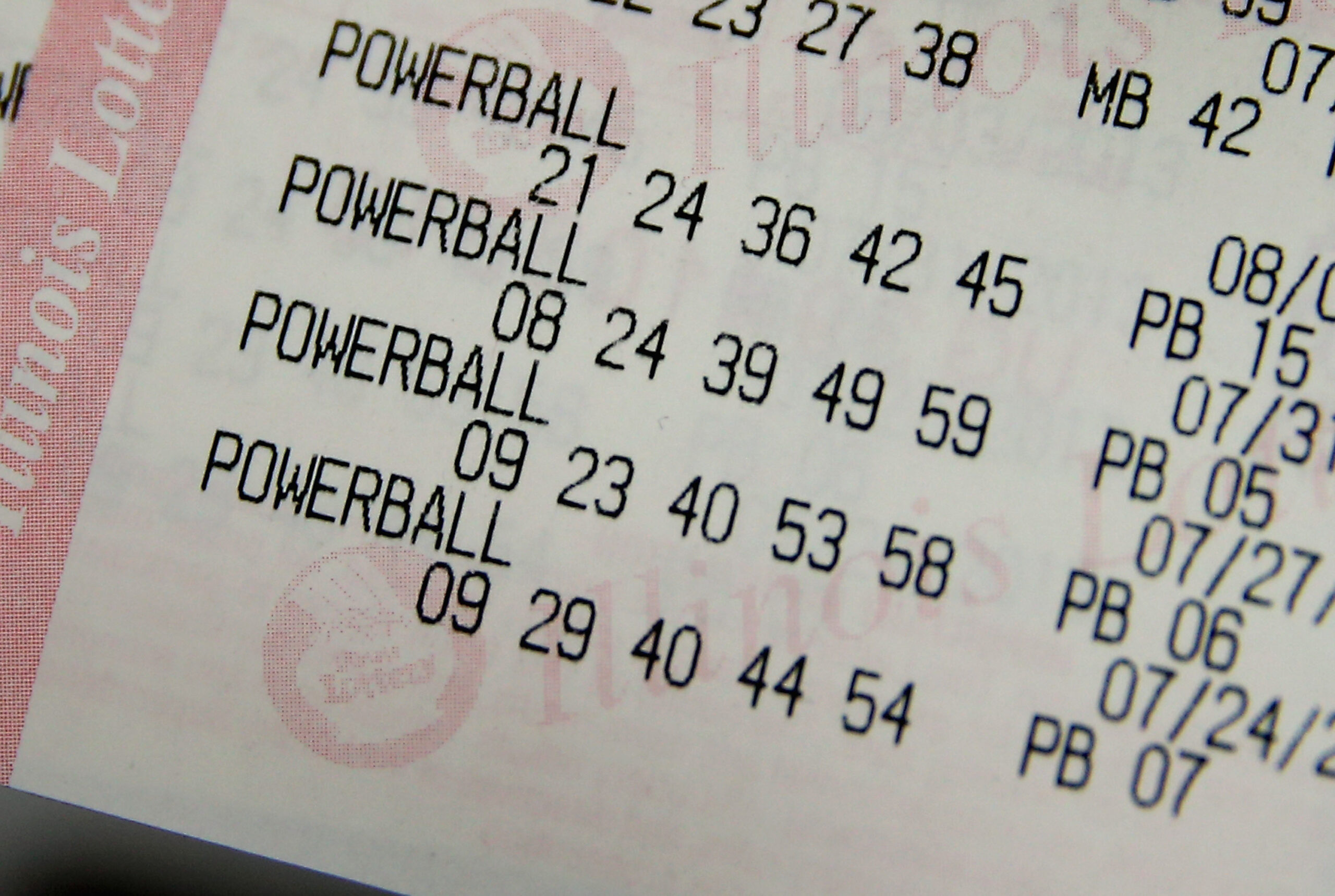Again, there are thousands of people in the United States, and also outside the country, who are desperately looking to buy a Powerball ticket, since there is currently an accumulated pool in this lottery game of $835 million dollars.
This Powerball prize at stake is the eighth largest in US lottery history and the fourth largest in the history of this drawing. The euphoria for this type of gambling has grown like wildfire, since only 2 months have passed since someone won, nothing more and nothing less, than $1,080 million.
You only need to invest $2 in a Powerball ticket, which could change your life, forever, in just the blink of an eye. However, it is not as simple as it seems, since in general, the odds of winning a lottery prize are 1 in 24.9 and the odds of winning a jackpot are 1 in 292.2 million.
So why, if it is so difficult to win something in the lottery, do people put all their hopes in Powerball and other lottery games?
“Sizable prizes generate excitement because people imagine what life would be like if they won,” said Eric Storch, professor and vice chair of the Menninger Department of Psychiatry and Behavioral Sciences at Baylor College of Medicine, in an interview with Yahoo! Life.
Likewise, Storch indicates that in this type of draw, like today’s Powerball, something called “availability heuristics” is also at play, which is precisely when people “make judgments about the probability of an event, based on the ease with which an example, instance or case occurs to them.”
To better understand this concept, let’s think about how a person can easily imagine the moment when they win the lottery, after seeing lucky people from previous draws, looking very smiling in the photos, showing off their big checks.
How our brain reacts to big lottery prizes, like those awarded by Powerball
Yahoo! Life also interviewed Robert Williams, a psychologist specializing in gambling and addictions and a professor at the University of Lethbridge in Canada, to further understand this issue, who assured that for the human brain, it is really very difficult to understand the real, low probabilities, of winning a big lottery prize.
“Research shows that humans are prone to overestimate the probability of extreme events, whether winning the lottery or being bitten by a shark,” adds Williams.
“People have no idea about big numbers. When people try to estimate the frequency of something, they access retrievable instances of their memories; This is why people think that deaths from accidents are more common than deaths from strokes. In lotteries, everyone knows someone who knows someone who won a big prize. However, they do not realize that billions of number draws were necessary for these individuals to win,” added the psychology specialist.
So that people understand that the chances of actually winning a million-dollar lottery prize are almost zero, Williams gave the following examples:
– “If it takes you 10 seconds to fill out a Powerball ticket, it would take 90 years and almost $300 million to have a 50% chance of winning the jackpot.”
– “If you bought a ticket every day of the year, it would take you 400,000 years to have a 50% chance of winning.”
For his part, Stephen Goldbart, clinical psychologist and co-director of the Money, Meaning, & Choices Institute, indicated that games of chance are attractive to our brain, especially the part known as the “reptilian brain,” since there fantasies of something for nothing develop.
“People don’t look at the odds. Because if you start looking at the probabilities, then it’s your adult mind that has to kick in. Instead, the ‘reptilian brain’ will look at a big prize and think, ‘Wow, here’s a potential feast. Let’s go for it.’ It is the same as impulse buying. Everything will work. It’s ‘magical thinking’ or childish thinking,” Goldbart said.
On this point, Storch also explains that some people believe that luck can be manipulated through magical thoughts or some superstitious behaviors.
Goldbart says that playing the lottery is generally particularly attractive to people who are experiencing financial difficulties, because that fantasy of winning the lottery turns out to be quite attractive.
Likewise, many bet on games like Powerball because the risk of winning comes at a relatively low cost (as little as $2), making the investment seem worth it, especially when the jackpot is very high.
Keep reading:
* Virginia woman finds Powerball ticket in pile of papers; she had won $100 thousand
* Newlyweds win a millionaire lottery prize thanks to the Powerball ticket they bought on their honeymoon
* 4 mistakes made by Edwin Castro after winning $2,000 million in the Powerball and that no lottery winner should make
